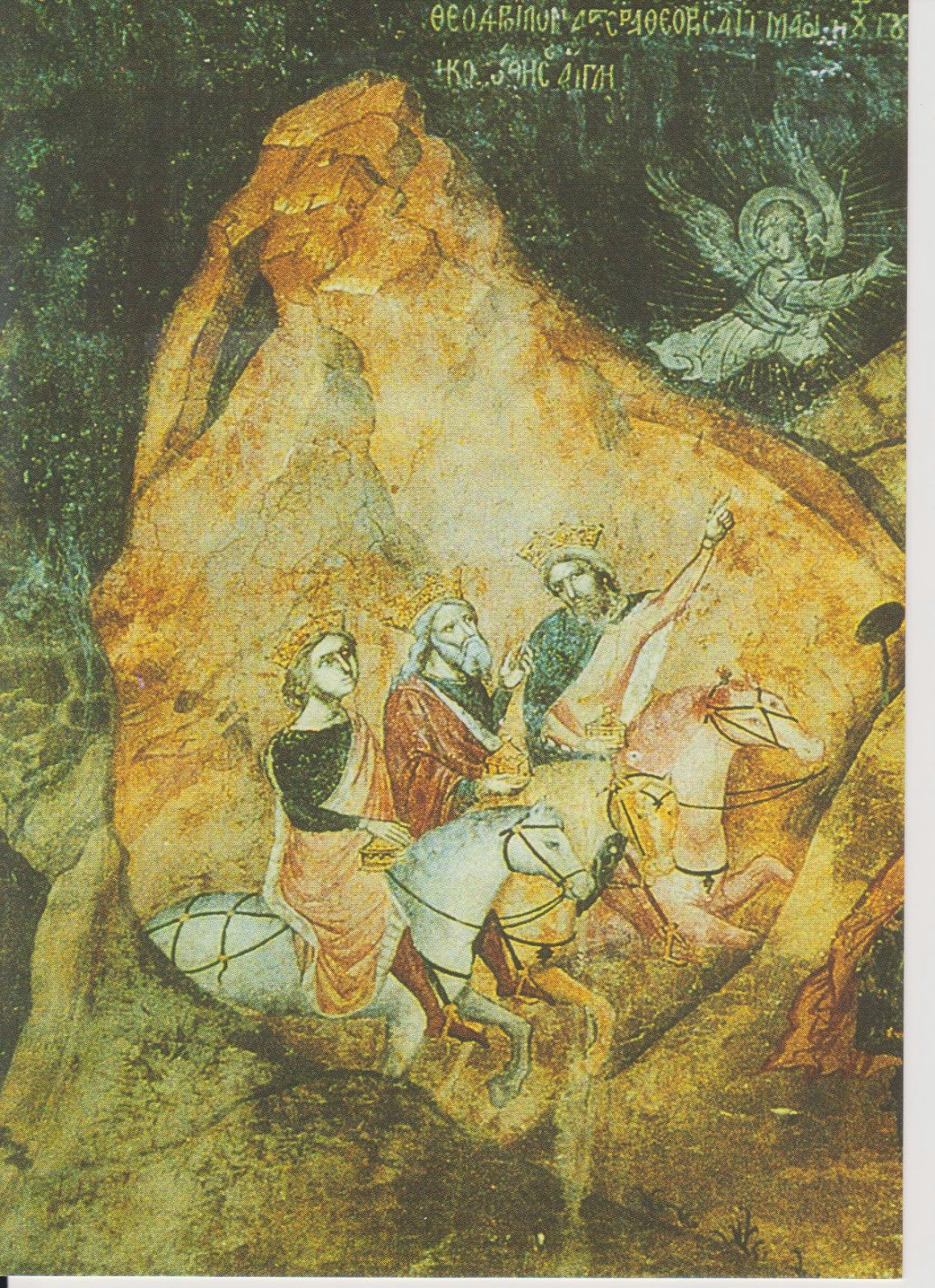2nd Epiphany
Luke 2, 41-52
Every year his [Jesus’] parents went to Jerusalem
for the feast of the Passover. And when he was twelve years old, they took him
with them. Now after they had gone there and fulfilled the custom during the
days of the feast, they set off on their way home. But the boy Jesus remained
behind in Jerusalem. His parents did not know this; they thought he was among
the company of the travelers. After a day’s journey they missed him among their
friends and relations. When they did not find him, they returned to Jerusalem
to look for him.
 |
| Christ Among the Doctors, Dürer |
After three days they found him in the Temple, sitting in
the midst of the teachers, listening to them and asking them questions. And
those who heard him were amazed at his mature understanding and his answers.
And when they saw him, they were taken aback, and
his mother said to him, “My child, why have you done this to us? Behold, your
father and I have been searching for you in great distress.”
And he said to them, “Why did you look for me? Did
you not know that I must be and live in that which is my Father’s?”
But they did not understand the meaning of the
words he spoke to them. And he went down with them again to Nazareth and
followed them willingly in all things.
And his mother carefully kept all these things living in
her heart. And Jesus progressed in wisdom, in maturity and grace [favor] in the
sight of God and man.
2nd Epiphany
January 15, 2012
Luke 2: 41-52
Destiny often takes us on unpredictable paths, through
strange twists and turns. As adults looking back on our lives, we may be
surprised at how different it turned out from what we might have expected from
our upbringing.
The child Jesus was sweet, loving, and gentle, as simple
soul. Yet His destiny brings Him to a place and a point where great changes
take place. He suddenly becomes mature and intellectually sophisticated. He
unintentionally upsets His parents out of a strong sense of His own destiny,
out of the sense of true homecoming and the urgent need to ‘be and live in that
which is my Father’s’.
 |
| Detail, Christ Among the Doctors, Dürer |
Yet the strength of His destiny call does not poison the
gentle compassion of His soul. He does not become self-willed and arrogant. He
returns to His other home and willingly lets His parents guide Him. In so
doing, He, and His destiny have time to ripen. He grows wiser, more mature. He
remains open to God’s grace.
Destiny sometimes come to us in flashes. Yet those flashes
may only be signaling the beginning of a process. If treasured in the heart,
such flashes can give us a sense of direction. Such a process allows our destiny
to ripen, as we follow a pathway of wisdom, of maturing, open to grace.
For all of us, the destiny of humankind has already flashed
up. It is already underway: it arrived with Christ. And so we are all in the
midst of a destiny process. In a poem called, “Today”, William Stafford says:
The ordinary miracles begin. Somewhere
a signal arrives: “Now,” and the rays
come down. A tomorrow has come. Open
your hands, lift them ….
Not the same now,
you could close your eyes and go on full of light.
And it is already begun, the chord
that will shiver glass, the song full of time
bending above us. …
“Be warm.” …. a giant
has passed through town, widening streets, touching
[1]
William Stafford, “Today”, in My Name is William Tell.














